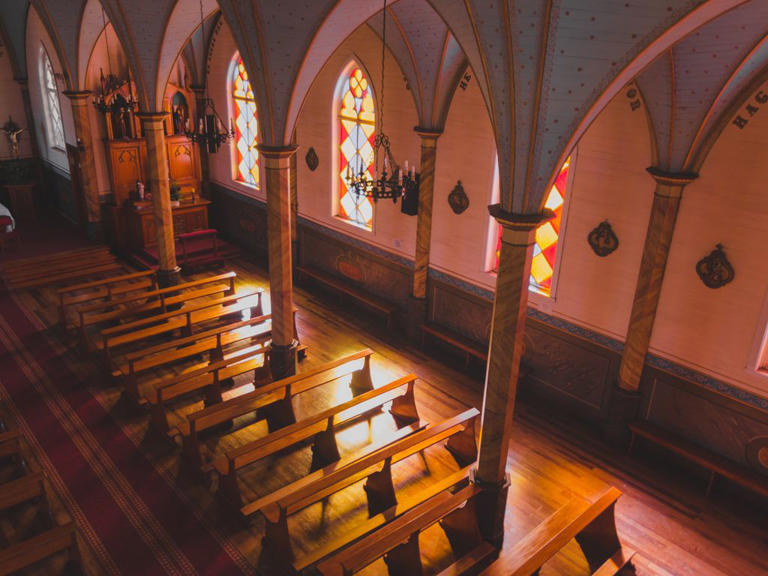Abuse in Care: Police prosecuted fewer than 1 in 10 referred cases
Police have prosecuted fewer than one in ten of the cases referred from the Royal Commission of Inquiry into Abuse in Care.
The sexual harm helpline can be accessed free, 24 hours a day, 7 days a week by phone, text, website, online chat and email.
Prominent leaders within New Zealand’s Catholic Church are being investigated by police over historical allegations of abuse.

The Herald understands that allegations have been made against three officials who are involved or were previously involved in the church.
The individuals are fighting to keep the claims from being made public, and a court order prevents publication of the allegations and the people involved.
But it is understood a 52-year-old man, who is based in Australia, laid a complaint with Australian police last year. The complaint was referred to New Zealand Police.
A police spokeswoman confirmed that an investigation had been launched after police received reports earlier this year of historical abuse at a premises in the North Island.
Inquiries were well under way, the spokeswoman said, and New Zealand Police were liaising with their Australian counterparts on the case.
Three’s Newshub planned to broadcast the allegations on August 7, according to a source, but the accused individuals sought a last-minute injunction against the programme’s parent company Discovery NZ.
The source said the High Court in Wellington ruled in favour of Discovery NZ but the individuals’ lawyers have now appealed.
The Court of Appeal is considering the matter and held a hearing on September 14 in which members of the public were excluded because of the sensitive nature of the claims.
A lawyer for the individuals, Gerard Dewar, said his clients rejected the allegations made against them.
“No other comment will be made pending the outcome of the case but we can say that the individuals named in the allegations that have been made deny them completely,” Dewar said in a written statement.
The complainant also provided a witness statement to the Royal Commission of Inquiry into Abuse in Care, which covers religious institutions.
The statement was given to the commission in May, which meant it was after the cut-off date for the complainant to be interviewed by the commission, according to correspondence seen by the Herald.
However, the statement will be considered as part of the commission’s broader inquiry and findings.
A spokeswoman said the commission could not comment on individual cases.
The complainant also notified the Catholic Church’s National Office for Professional Standards (NOPS) in May – the branch of the church which is responsible for responding to abuse claims.
NOPS usually appoints an independent person, such as a former police officer, to investigate complaints. But it suspends any investigation once police are involved – as has occurred in this case.
A Catholic Church spokesman referred questions about the NOPS complaint to the individuals’ lawyers.
Survivors say they are frustrated that they have been blocked from the court proceedings.
The Court of Appeal made an order that members of the public would be excluded “given the nature of the issues that are to be the subject of argument in this case”.
Christopher Longhurst, an advocate for people who have been abused within religious institutions, said that the closed-door hearing continued what he saw as the Catholic Church leaders’ veil of secrecy around abuse claims.
Longhurst, the national leader for advocacy group Snap, said: “The exclusion of the representatives of Snap while the prestigious lawyers representing power conferred in secret just compounds the harm the survivors complain about.”
Abuse which occurred within the Catholic Church’s parishes, schools and institutions is currently being investigated by the Royal Commission, which is compiling its final report.
Submitters to the commission were highly critical of the church hierarchy’s response to sexual abuse, saying it often investigated itself, minimised abuse, rarely punished abusers and on some occasions did not go to police.
In response, church leaders promised to change the way they treat abuse allegations, including mandatory reporting to police in cases involving young people. Until this year, its policy has been to advise complainants or their parents to report criminal conduct by clergy or Catholic staff to police – unless it felt the accused was a risk to others.
The church’s own investigations found that 14 per cent of clergy had been accused of abuse, though groups representing victims believed that was an underestimate because abuse often went unreported or unrecorded.